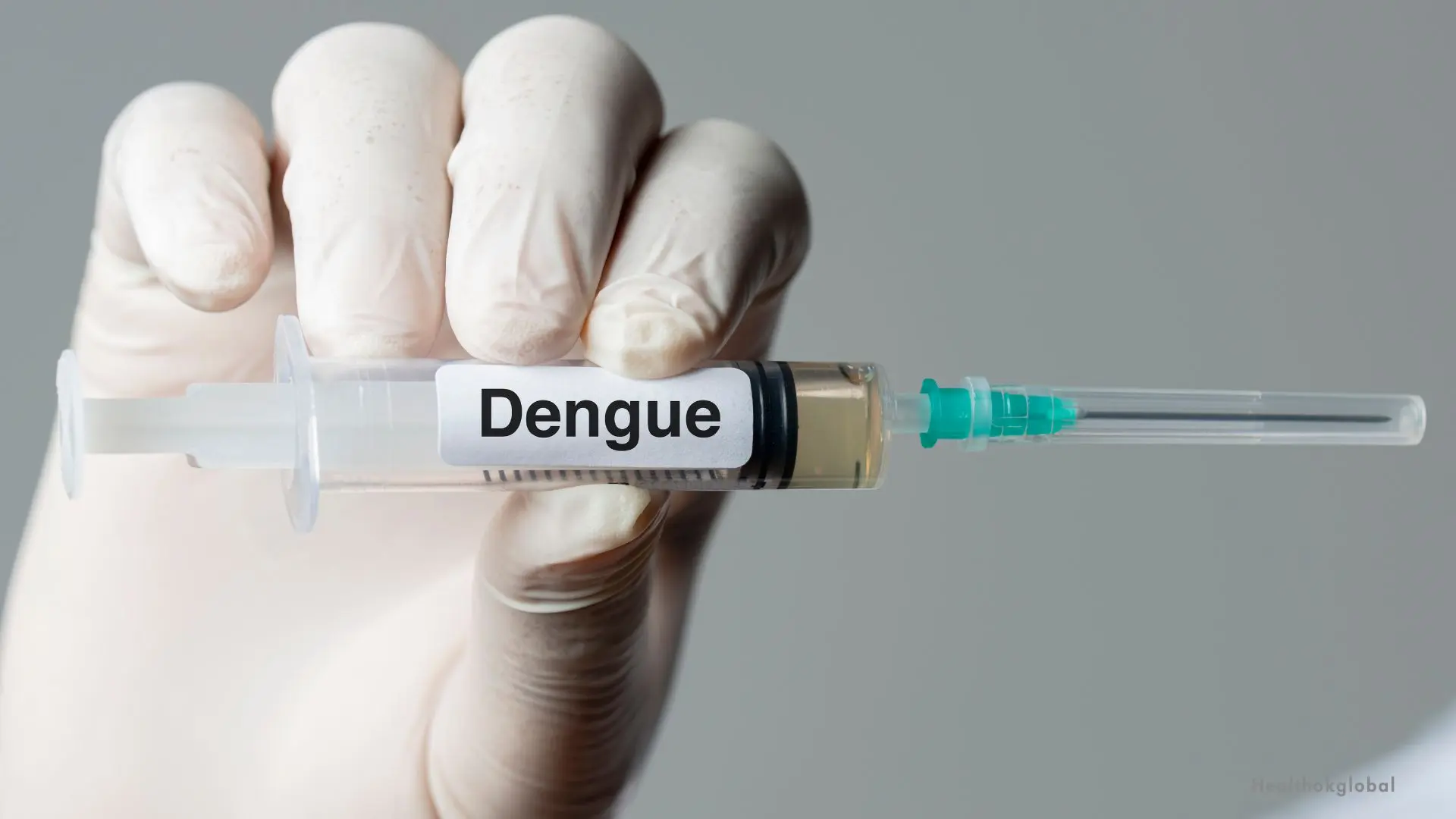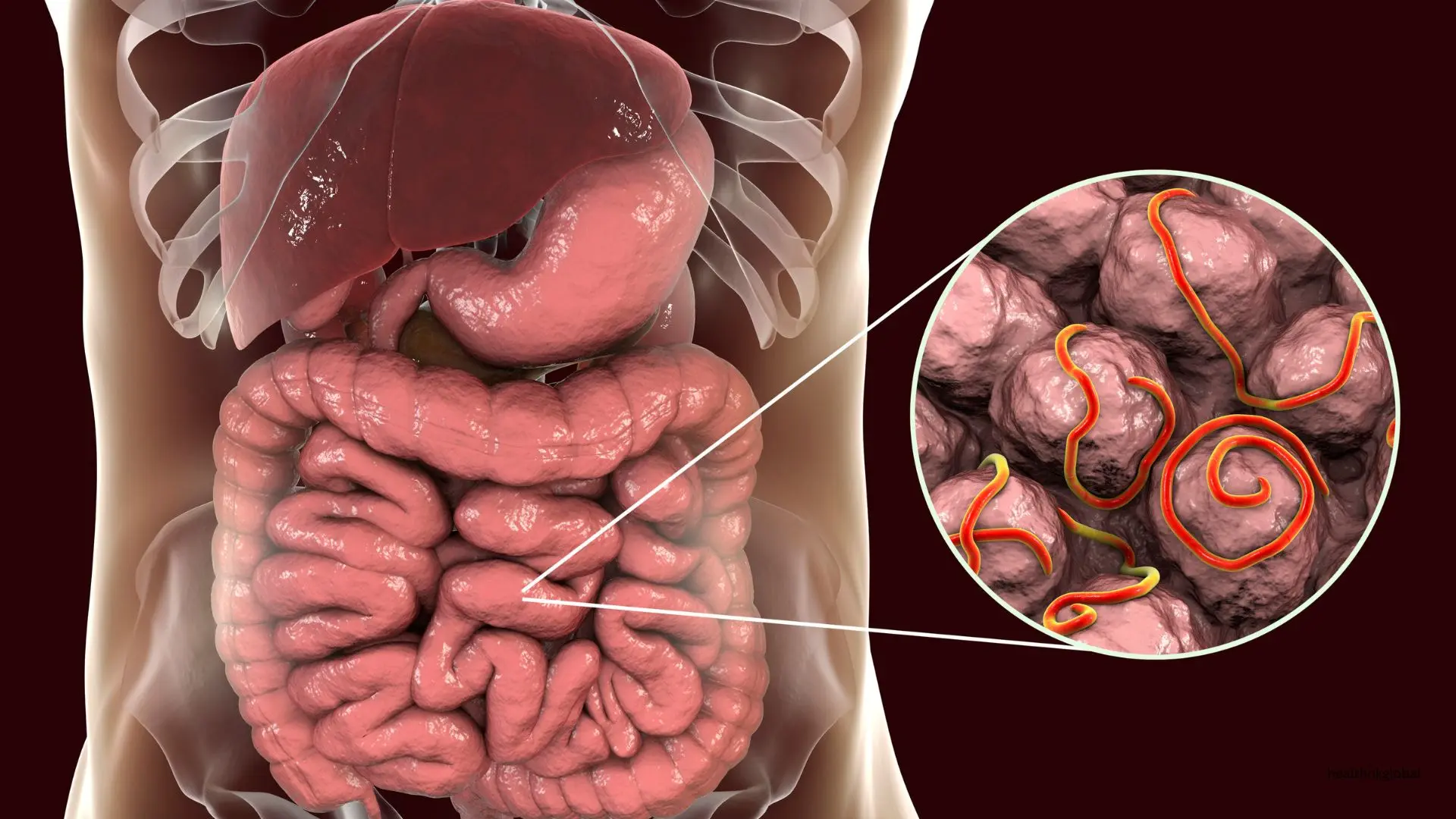The Dengue NS1 antigen is a non-structural protein produced by the dengue virus during the early stages of infection.

Blog
Dengue NS1 Antigen: Understanding its Role in Early Diagnosis
The Dengue NS1 antigen is a non-structural protein produced by the dengue virus during the early stages of infection. It plays a crucial role in the pathogenesis of dengue fever, a mosquito-borne viral disease prevalent in tropical and subtropical regions. The presence of the NS1 antigen in the blood can be detected as early as one day after the onset of symptoms, making it a valuable marker for early diagnosis. The NS1 antigen test is particularly useful because it allows for the detection of the dengue virus before the body has produced a detectable level of antibodies. This early detection is critical for timely medical intervention and effective management of the disease.
Early diagnosis of dengue fever is essential for several reasons. It enables healthcare providers to initiate appropriate treatment promptly, reducing the risk of complications such as dengue hemorrhagic fever and dengue shock syndrome. Additionally, early diagnosis helps in implementing public health measures to control the spread of the virus.
Early detection through the NS1 antigen test allows for timely medical intervention, which can significantly reduce the severity of the disease and prevent complications.
Identifying and isolating dengue cases early helps in controlling the spread of the virus, especially in densely populated areas.
Early diagnosis allows for continuous monitoring of the patient, ensuring that any signs of deterioration are addressed promptly.
The Dengue NS1 antigen test is a simple blood test that detects the presence of the NS1 protein in the patient's blood. The test can be performed using various methods, including enzyme-linked immunosorbent assay (ELISA), rapid diagnostic tests (RDTs), and immunochromatographic tests.
A blood sample is collected from the patient, usually through a vein in the arm.
The blood sample is analyzed in a laboratory to detect the presence of the NS1 antigen. This can be done using ELISA, which provides quantitative results, or RDTs, which offer qualitative results.
Positive results indicate the presence of the dengue virus, confirming an active infection. Negative results may require further testing, especially if symptoms persist.
The NS1 antigen test offers several advantages over traditional antibody tests, particularly in the early stages of dengue infection.
The NS1 antigen can be detected as early as one day after the onset of symptoms, providing a crucial head start in the management of dengue fever.
The test is highly sensitive and specific, reducing the likelihood of false positives and negatives.
Many rapid diagnostic tests can provide results within a few hours, allowing for quick decision-making and treatment.
The detection of the NS1 antigen has significant clinical implications for patient care and disease management. It aids in confirming the diagnosis, differentiating dengue from other febrile illnesses, and guiding treatment decisions.
The NS1 antigen test is a reliable method for confirming dengue fever, especially in the early stages when other tests may not be conclusive.
Dengue fever shares symptoms with other tropical diseases such as malaria and chikungunya. The NS1 antigen test helps in differentiating these conditions, ensuring appropriate treatment.
Early diagnosis allows healthcare providers to initiate supportive care and monitor patients closely for signs of severe dengue, improving outcomes.
While the NS1 antigen test is a valuable tool for early diagnosis, it has certain limitations and challenges that need to be considered.
The NS1 antigen is most detectable during the early stages of infection, typically within the first five days. After this period, antibody tests may be required to confirm the diagnosis.
The performance of the NS1 antigen test can vary depending on the method used and the quality of the test kits. Ensuring the use of validated and reliable tests is crucial.
In some cases, the NS1 antigen test may show cross-reactivity with other flaviviruses, potentially leading to false-positive results. Confirmatory testing with other methods may be necessary.
Patients presenting with symptoms of dengue fever should consider getting tested for the NS1 antigen, especially if they are in or have recently traveled to an area where dengue is endemic.
Fever, headache, muscle and joint pain, rash, and nausea are early symptoms of dengue fever. Testing for the NS1 antigen can confirm the diagnosis.
Individuals living in or traveling to regions with ongoing dengue outbreaks should be vigilant and get tested if symptoms appear.
In many tropical and subtropical regions, dengue cases peak during the rainy season. Increased vigilance and testing during this period can help in early detection and control.
The Dengue NS1 antigen test is a vital tool for the early diagnosis of dengue fever, offering significant advantages in timely treatment and disease management. Understanding the importance, procedure, and clinical implications of this test can aid in better management of dengue fever and reduce the burden of this disease on public health. Early diagnosis through the NS1 antigen test can save lives and prevent severe complications, making it an indispensable part of dengue fever management.
The Dengue NS1 antigen test is a simple blood test that detects the presence of the NS1 protein in the patient's blood. The test can be performed using various methods, including enzyme-linked immunosorbent assay (ELISA), rapid diagnostic tests (RDTs), and immunochromatographic tests.
Patients presenting with symptoms of dengue fever should consider getting tested for the NS1 antigen, especially if they are in or have recently traveled to an area where dengue is endemic.
The detection of the NS1 antigen has significant clinical implications for patient care and disease management. It aids in confirming the diagnosis, differentiating dengue from other febrile illnesses, and guiding treatment decisions.
Need Personalized Health Guidance?
Get expert advice tailored to your specific health needs from our qualified healthcare professionals.





